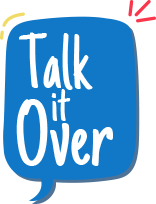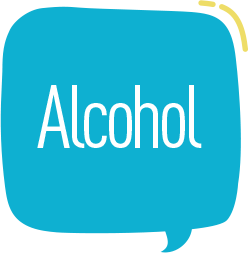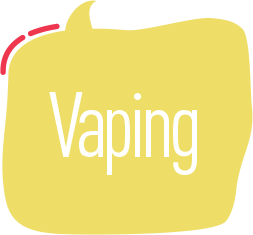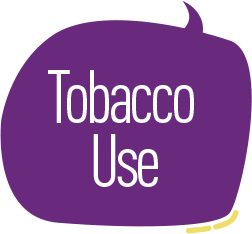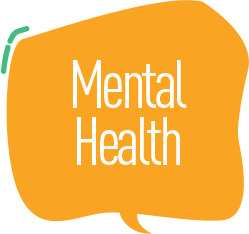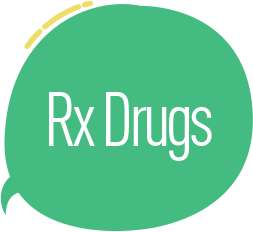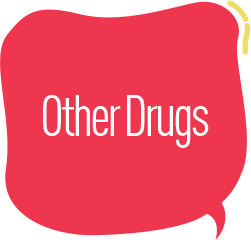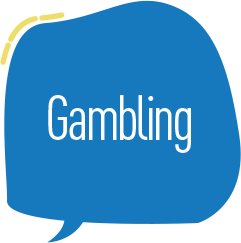Let’s talk about marijuana.
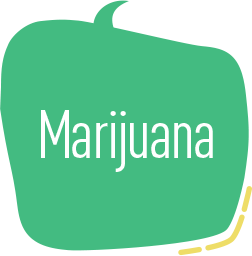
Marijuana is the most commonly used illegal drug in the United States. It is very popular with young people. Even though it’s starting to be legalized in certain states, including for medical purposes, marijuana use carries negative and long-term risks.
There is a lot of misinformation being spread surrounding marijuana use and it can be challenging at any age to know the myths and facts. Talking with your child about marijuana can help them have all the facts and make healthier decisions.
What parents need to know
Because a person’s brain is not fully developed until around the age of 25, using marijuana can have many negative effects on youth:
- Brain health—Early usage can lower IQ and impaired memory and learning
- Mental health—Usage can increase risk of schizophrenia, depression, and anxiety
- Driving performance
- Daily life problems such as relationships, educational outcomes, career, life satisfaction
- Fetal development for use during pregnancy
Even though it’s nearly impossible to die from overdose from marijuana, the effects of intentional or accidental ingestion, especially through edible products, can result in psychosis, emergency room visits, and other dangerous outcomes.
There are now many different forms of marijuana, including the smoking of dried flower, smoking (dabbing) concentrated extract, vaping, and eating edibles such as cookies or candies.
Use of marijuana, alcohol, and tobacco are likely to come before use of other drugs.
- Although these findings support the idea of marijuana as a gateway drug, the majority of people who use marijuana don’t always go on to use “harder drugs.”
- Drug abuse and addiction can also be affected by biological and environmental factors.
What the law says
- Every state has different laws for recreational and medicinal marijuana. However, marijuana is illegal according to federal laws due to lack of scientific studies conducted by the FDA.
- Recreational marijuana became legal in New York for adults over the age of 21 on March 31, 2021. Detailed information on how NYS will manage the legal availability of marijuana can be found at the Office of Cannabis Management website. Importantly, it is still illegal for anyone under age 21 to buy, possess or use recreational marijuana and driving under the influence of marijuana is still illegal for all individuals. NYS also offers medical marijuana where a patient must be authorized by a licensed physician in order to obtain a medical marijuana card.
- To qualify for medical marijuana, according to the NYS Department of Health, a patient must present at least one severe debilitating or life-threatening condition with severe complications such as seizures or chronic pain.
- Only qualified patients with proper identification (or their caregivers) may purchase medical marijuana from a licensed dispensary. New York does not offer smoke-able or edible forms of medical marijuana – it is only available in the form of capsules, concentrates for vaporization, ointments, patches, or lozenges.
Starting the conversation
- Really listen to your child. When having a conversation, offer feedback and repeat what your teen has shared with you. Before going over heavier subjects, ask permission from your child to address those matters. During conversation use open-ended questions, and avoid “yes” or “no” questions.
- Be mindful in your approach. Keep conversations positive and understanding. For example, instead of saying, “I told you not to smoke weed. Why don’t you listen to me?” try saying, “I’m concerned about your health. I want the best for you, and marijuana use can be very harmful.” Using shame and fear will probably not work and won’t allow for honest communication.
- Work with your child, not against them. The “I’m your parent and I said so” mentality is often ineffective. Instead of lecturing your child, ask what they know about the health risks. Keep the conversation open and your tone of voice calm. Whether sitting or standing, be sure that both you and your child are in the same position. Maintaining a sense of equality is important both physically and verbally.
- Don’t give up. Sometimes one conversation isn’t enough and trust has to build over time. Remember that every child is different, and that every approach to talk may have its own challenges.
What to say
If your child tells you they were offered marijuana by a peer, and they didn’t know what to do.
- Discuss different ways they can handle peer pressure.
- Work together to come up with strategies or phrases they could use to remove themselves from harmful situations (not just marijuana use).
If you know or suspect your child may be using marijuana:
- If they have only tried it once, ask them about their experience.
- Start a conversation to learn what made them to want to try it in the first place.
- Ask them why they feel the need to use marijuana at all.
- Ask why they stopped or “only did it once.” Knowing this information can help guide you as you talk about the potential risks of drug use. Also, allowing for this type of honesty can create a trusting safe space for communication in future conversations.
- If they aren’t using the substance on a regular basis, tell them that you are relieved that their pattern of use isn’t constant.
- If they mention specific stressors or situations that caused them to use marijuana as a “fix,” discuss other ways they could address the issue without using drugs.
- Remind them that marijuana use can negatively affect their life and that there are other healthy ways to have fun. We shouldn’t have to chemically alter the brain to have a good time.
If your child says things like, “I know it is legal in some places so it can’t be that bad,” or, “Marijuana is safe because it comes from a plant.”
- You could respond by stating that sometimes the word legal does not mean the same thing as safe— especially in the case of a young person’s developing brain.
- For example, alcohol and tobacco are legal substances (for those above certain ages). But both are addictive and have the potential to be abused.
- Just because marijuana is natural does not mean it is healthy for our bodies. There are several plants that aren’t healthy for us to ingest.
